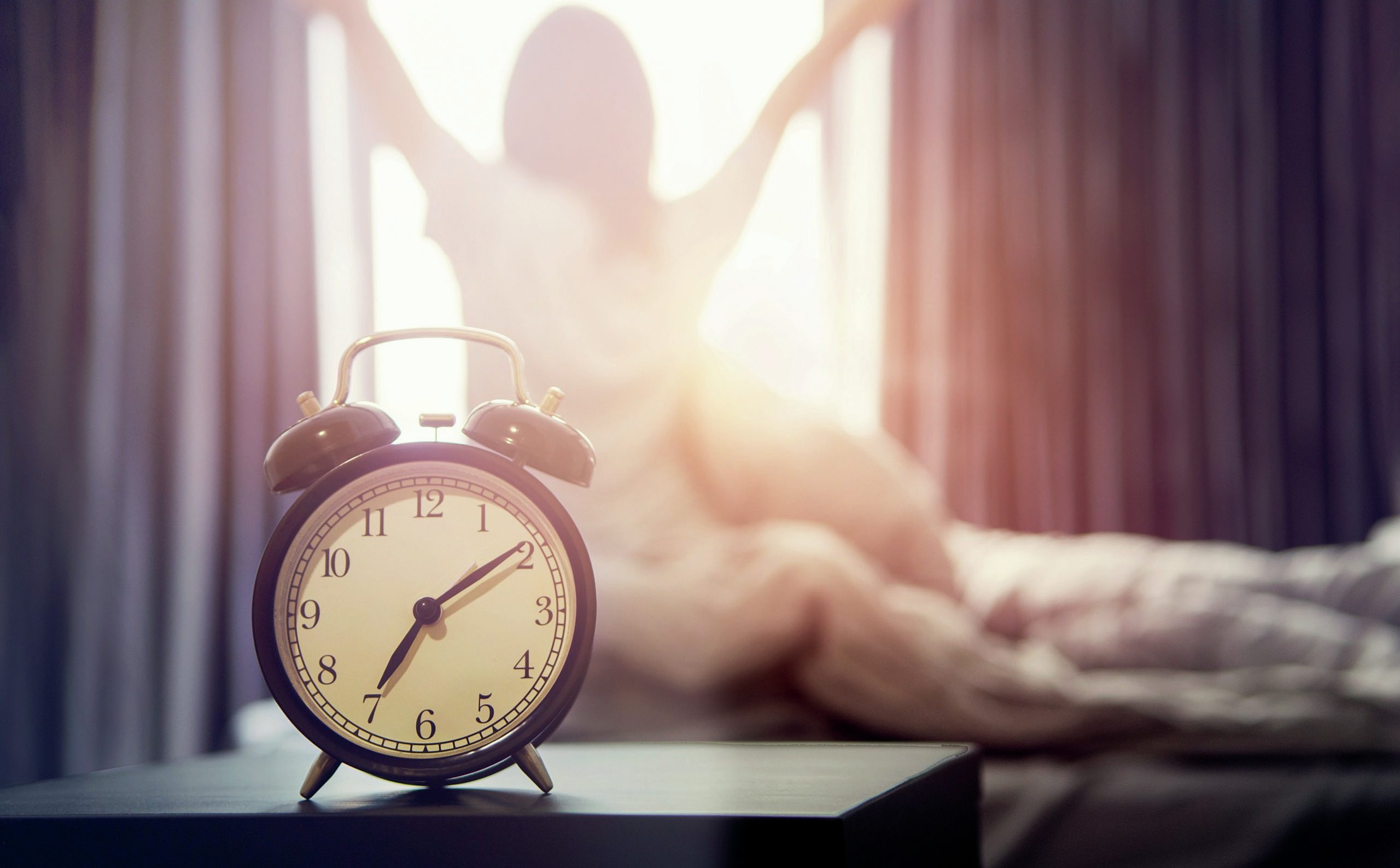
What time did you get up this morning? Your answer probably depends on whether it was a school day, a weekend or a holiday. Many students take the chance to stay in bed a few hours longer on non-school days, trying to catch up their ‘sleep deficit’. But why do you have a sleep deficit? Why does it matter? And what can be done about it?
The night has been electrified. Bright street lights and light from computer screens and mobile phones reduce levels of melatonin, the sleep-inducing hormone. This realisation has fuelled a ‘sleep hygiene’ movement, whose proponents point out that bright (and especially blue) lights before bedtime can dampen the sleep–wake cycle of circadian rhythms, leaving you too alert to fall asleep promptly at night.
Your organisation does not have access to this article.
Sign up today to give your students the edge they need to achieve their best grades with subject expertise
Subscribe




